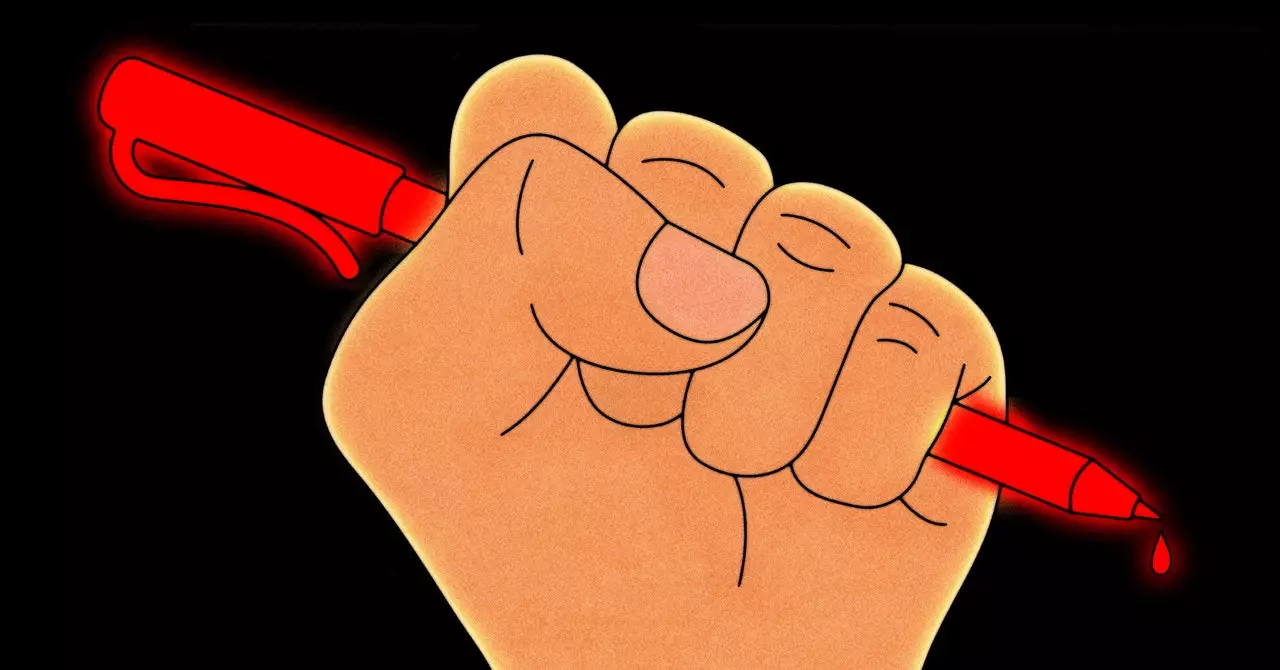In an age characterized by rapid technological advancements, the intersection of artificial intelligence (AI) and copyright law is becoming increasingly contentious. At the forefront of this emerging conflict is a significant legal battle initiated by media giant Thomson Reuters against Ross Intelligence, a nascent AI startup specializing in legal research tools. Filed in May 2020—before the recent surge in generative AI technologies—the lawsuit accused Ross Intelligence of infringing upon copyright by utilizing materials from Westlaw, Thomson Reuters’ comprehensive legal research database. While the significance of this case went largely unnoticed outside niche circles in early 2020, it has since grown into a pivotal legal saga that may redefine the relationship between content creators and AI developers.
As the implications of copyright infringement and the ethics of AI data usage come to light, one cannot ignore the potential long-term effects of such laws on the future landscape for both industries. With the proliferation of AI tools and models, this courtroom drama has gained a broader audience and sparked essential conversations about the legal frameworks governing AI technology.
Since the initial case, a wave of lawsuits has surfaced, signifying the start of what many view as a protracted struggle between established content publishers and innovative AI companies. High-profile cases have emerged, with various plaintiffs that include celebrated authors like Sarah Silverman and Ta-Nehisi Coates, alongside media powerhouses like The New York Times. These rights holders are contesting the legality of using their intellectual property to train AI models without proper permissions or compensation, framing their grievances in terms that echo a narrative of impending theft.
The ramifications of these lawsuits extend far beyond the individuals and corporations involved. The outcomes threaten to reshape the construction of AI and the ethical considerations surrounding its deployment. The actions taken by copyright holders are indicative of a broader struggle against what they perceive as encroachments on their creative rights. Furthermore, with the abundance of litigation underway, the implications for affected individuals—ranging from visual artists to music industry leaders—create a palpable tension in the disposition of creative ownership.
One of the central tenets in many of these ongoing legal disputes is the concept of “fair use.” AI companies often invoke this legal doctrine to justify their use of copyrighted materials in the development of their technologies. Fair use, as a principle, allows for limited use of copyrighted material without seeking permission, typically under specific scenarios such as commentary, criticism, research, or news reporting.
However, the application of fair use in the realm of AI is far from straightforward. Critics argue that creating AI models constitutes a different context that should not automatically qualify for protection under this doctrine. The stakes are high; if courts favor content creators over AI developers, it may impose stricter limitations on the data that AI technologies can access, thus frustrating innovation and limiting the tools available for researchers, developers, and businesses alike.
As the legal battles intensify, organizations like WIRED are diligently tracking the progression of these cases, providing insights and visualizations to help the public grasp the complexities involved. The ongoing litigation, including the case between The New York Times and major AI players like OpenAI and Microsoft, is emblematic of a larger conversation about the reach and implications of copyright in an age of rapid technological advancement.
In particular, the unresolved status of the Thomson Reuters case serves as a litmus test for future endeavors in AI. The trial, initially set to occur this year, has been postponed indefinitely, leaving many questions unanswered, including the potential cost of litigation which already led to the closure of Ross Intelligence. The continued battle over discovery details between claimants and defendants further illustrates the complexity and ambiguity surrounding these legal inquiries.
The battle over copyright and AI is far from over. As these disputes unfold, they will likely produce crucial precedents that will guide the development of AI technologies and their relationship with intellectual property law. The outcomes will not only impact the various stakeholders involved but will also significantly shape the information ecosystem of the future. The stakes are high, and the coming months will be critical in determining how the legal landscape will evolve to accommodate both innovation and the rights of content creators.

